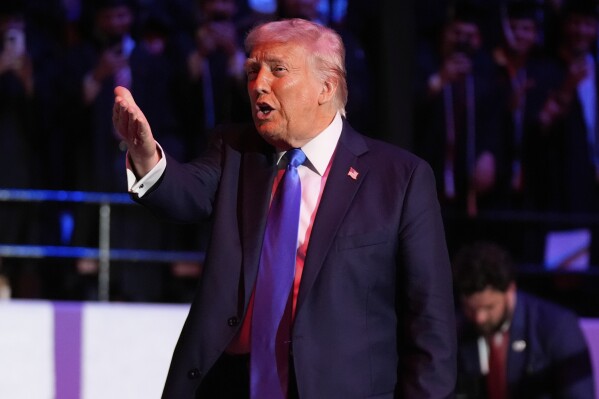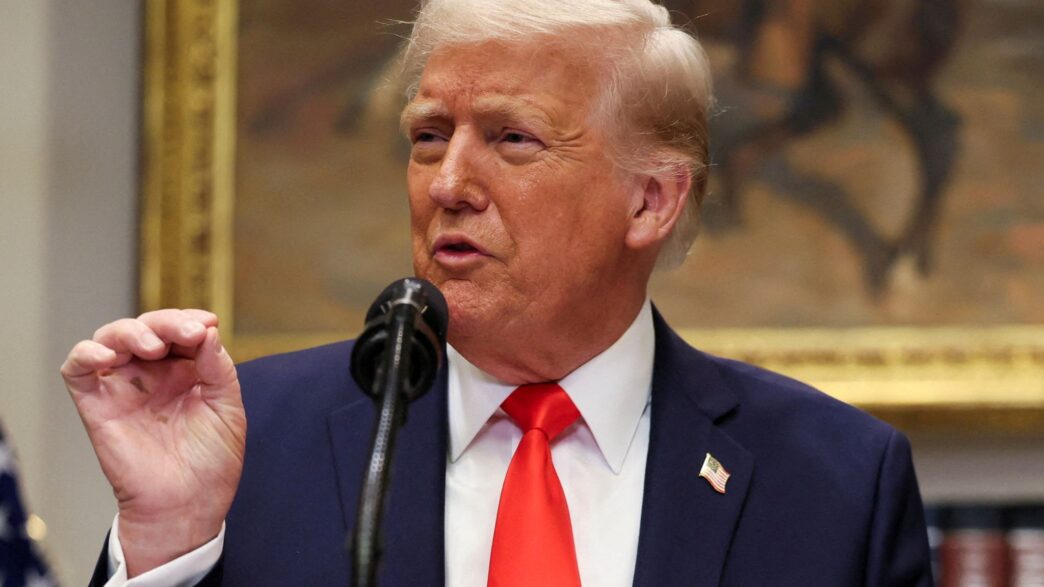U.S. President Donald Trump has directed all American universities to submit detailed enrollment data to prove race is not a factor in student admissions.
The move comes after the Supreme Court’s 2023 ruling that ended race-based affirmative action, sparking ongoing debates over equity, fairness, and institutional bias in higher education.
In a memorandum released Tuesday, Trump claimed the “persistent lack of available data paired with the rampant use of ‘diversity statements’ and other overt and hidden racial proxies” raises concerns that race may still influence admissions decisions, despite the ban.
The latest directive expands federal oversight into how colleges evaluate applicants.
This means there is a need for change, according to Trump, particularly in how schools define fairness and transparency in the admissions process.
Since returning to office, Trump has significantly intensified his stance against what he refers to as “wokery” on college campuses.

He has called for a dismantling of diversity, equity, and inclusion (DEI) programs, claiming they “discriminate against white people and create shameful, dangerous racial hierarchies.”
Moreover, universities have been instructed to expand reporting to the National Center for Education Statistics.
While specific requirements have not yet been detailed, institutions are expected to provide information on race, test scores, and admissions practices.
Trump’s administration has already leveraged federal funding as a pressure point. Schools seen as biased or uncooperative have experienced budget cuts and funding freezes.
Columbia University became the most high-profile case when it lost hundreds of millions in federal research grants after being accused of failing to address anti-Semitism during pro-Palestinian protests.
In response to the funding pressure, Columbia University agreed to pay $200 million in penalties and an additional $21 million to settle with the government.
The university also committed to turning over detailed admissions data. Furthermore, Brown University voluntarily agreed to similar data disclosures.
These developments suggest that more institutions may comply preemptively to avoid financial consequences.
While the Supreme Court ruling has set legal boundaries, questions remain about how it will be enforced and whether institutions are complying fully.











